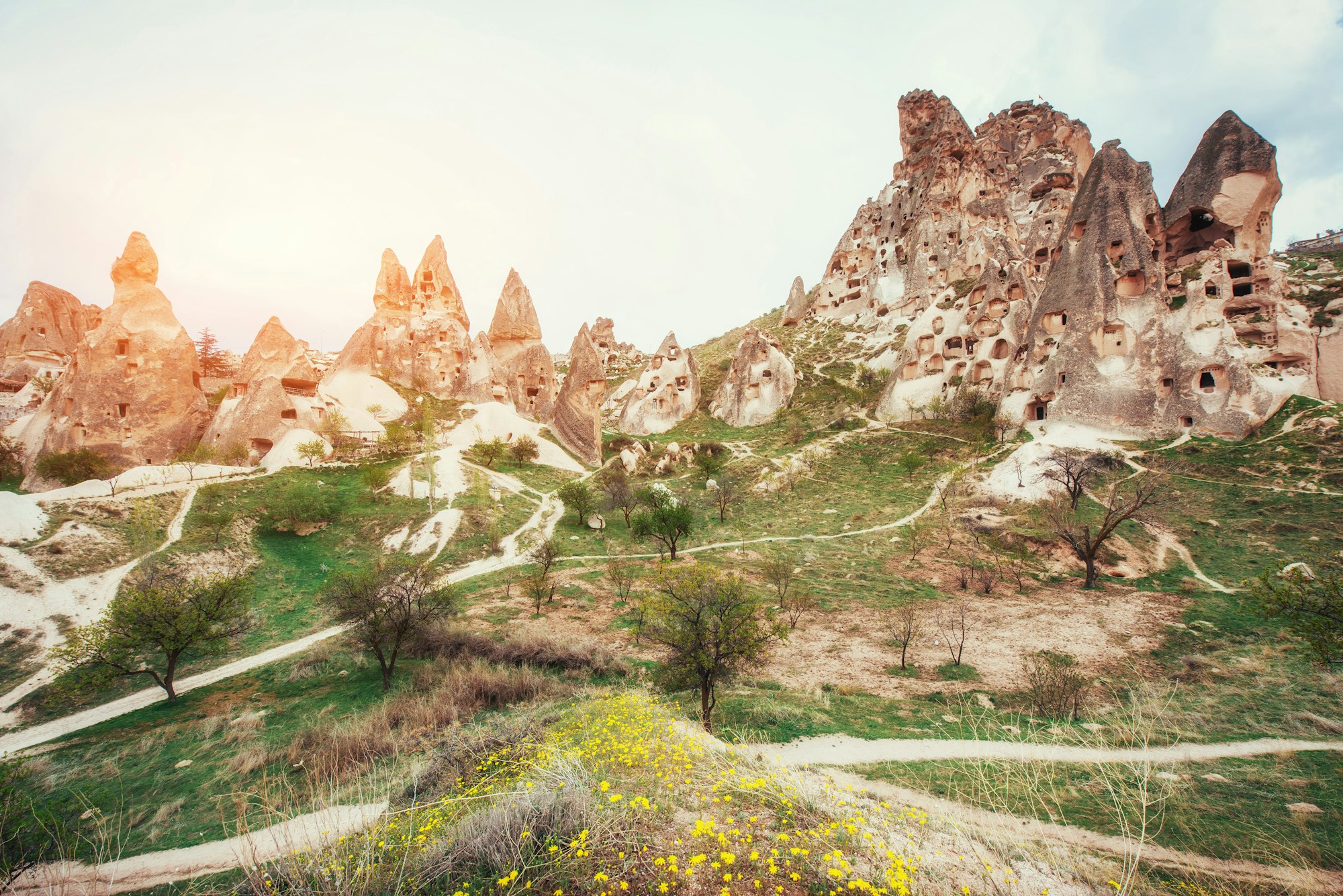What’s the Buzz About?
So, there’s been a lot of chat among scientists about whether we should start calling a chunk of Earth’s history the “Anthropocene.” This idea was all about saying, “Hey, humans have really changed the planet.” They thought about making it official and even had a specific lake in mind (Crawford Lake in Ontario) because it’s got layers of dirt mixed with plutonium from old nuclear tests that started around 1950. But, when it came time to make a decision, the big-wigs at the Subcommission on Quaternary Stratigraphy, which is part of a larger scientific group, weren’t convinced and said no to making it an official thing.

Why Can’t Scientists Agree?
It turns out, scientists aren’t all on the same page about this. Some think we’ve changed Earth so much that it deserves its own special time slot in the geological history books. Others feel like the changes, though big, aren’t enough to start calling it a new epoch, especially since Earth’s history is marked by really long, major changes. There’s talk about maybe marking the start with the Industrial Revolution or thinking of human impact as something that’s happening slowly over time.
Is Human Impact That Big of a Deal?
The whole debate is about figuring out if what we’re doing to the planet now is as impactful as the events that have historically marked new epochs in Earth’s geological timeline. Some folks say, “Hold up, let’s not rush into naming a new epoch just yet,” pointing out that while humans have definitely made their mark, it might not be on the same level as the long-term changes that define other geological time periods.
What’s Next for This Debate?
Even though the proposal got a thumbs down, people like Colin Waters, who’s been pushing for this new epoch, are still keen to keep the conversation going. They believe that all the changes we’re seeing—like shifts in climate and the loss of different plants and animals—deserve to be recognized in a big way.
Anthropocene: Official or Not, It’s a Thing
Whether or not the term “Anthropocene” gets the official stamp of approval, it’s already being used a lot by scientists and regular folks alike. It’s become a way to talk about how much humans have changed the planet. So, even though the official decision is a no-go for now, the idea is still making waves and getting people to think about our impact on Earth.
Let’s dive into the hot topic of whether we’re living in a new chapter of Earth’s history, thanks to human activity. We’ll break down the debate, what’s up with Crawford Lake, and what all this means for our understanding of Earth’s geological story.

FAQs: The Anthropocene Epoch Debate
1. What is the Anthropocene Epoch?
The Anthropocene Epoch is a proposed term for a new period in Earth’s geological history, marked by the significant impact humans have had on the planet. It suggests that human activity has caused enough change to warrant its own special chapter in the geological timeline.
2. Why did scientists consider Crawford Lake as the starting point for the Anthropocene?
Scientists looked at Crawford Lake in Ontario, Canada, because its sediment layers contain plutonium from nuclear bomb tests starting around 1950. This specific marker was proposed to signify the beginning of the Anthropocene, highlighting a clear human influence on Earth.
3. Why was the proposal to declare the Anthropocene Epoch rejected?
The proposal was rejected because the scientific committee, part of the International Union of Geological Sciences, was not convinced that the current human impact on Earth matches the criteria for starting a new geological epoch. There’s also a lack of consensus among scientists on when and how to define this new epoch.
4. Are all scientists in agreement about the Anthropocene Epoch?
No, scientists are divided on this issue. Some argue that human activities, such as climate change and biodiversity loss, justify a new epoch. Others believe it’s too early or that human impacts don’t yet align with the long-term, natural changes typically used to define geological epochs.
5. Will the term “Anthropocene” be used officially in the future?
The future use of “Anthropocene” as an official geological epoch remains uncertain. Despite the recent rejection, the debate continues, and the term has already gained widespread usage among scientists and the public to describe the current era of significant human impact on the planet. The discussion and research into defining this epoch are ongoing.
Sources CNN


